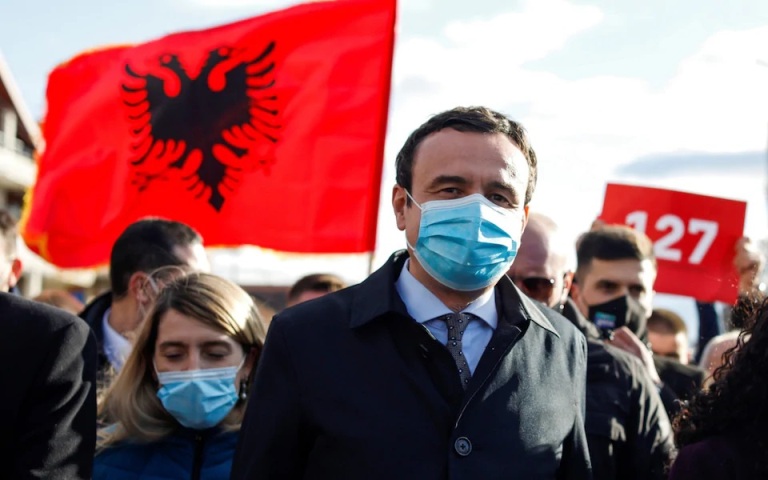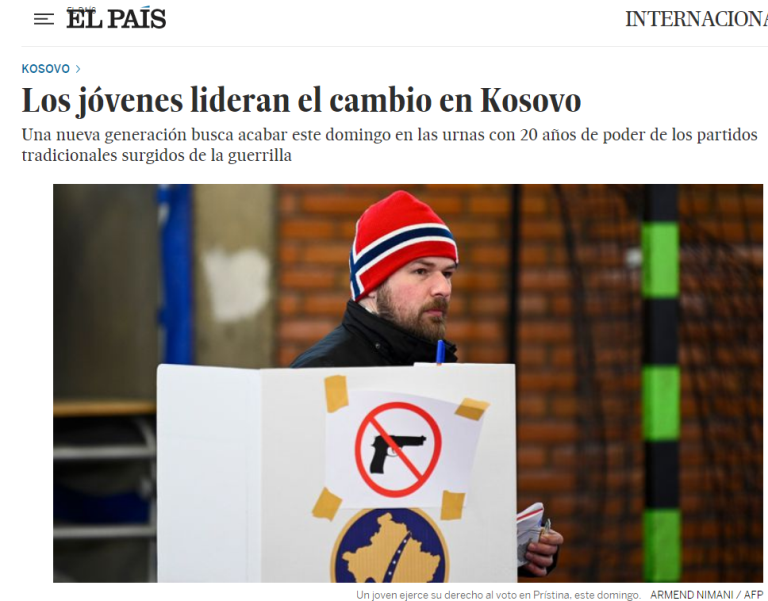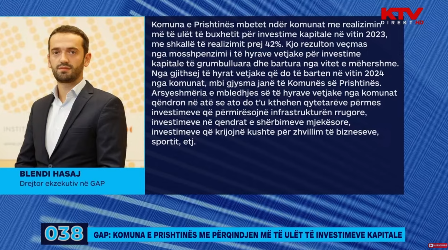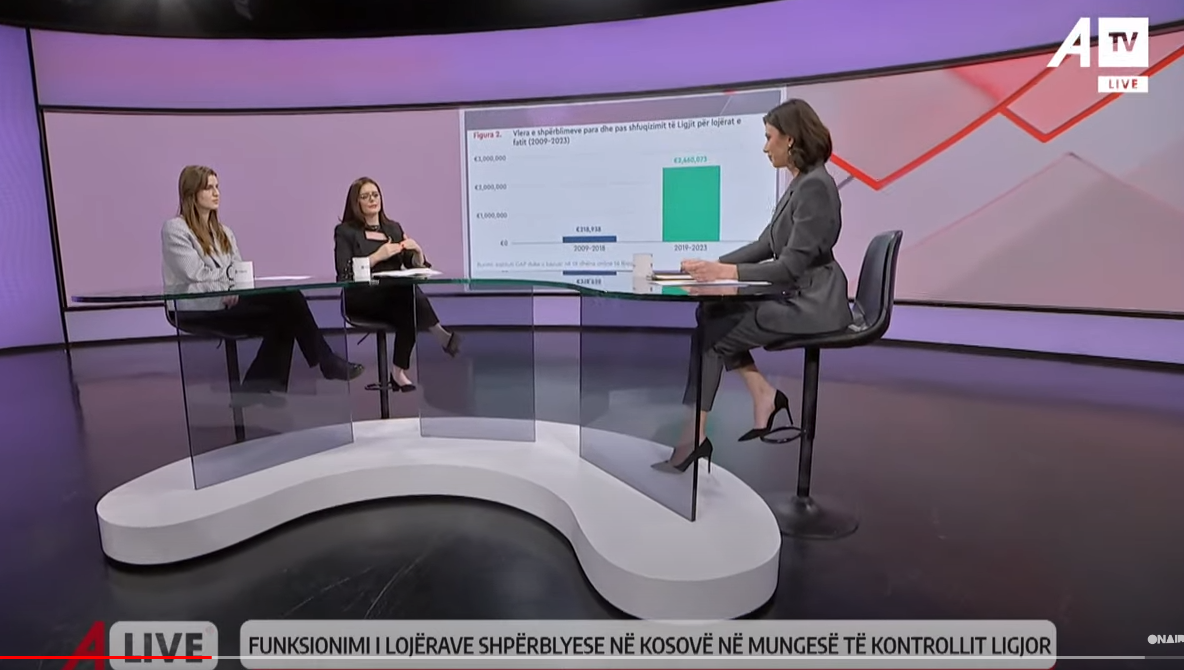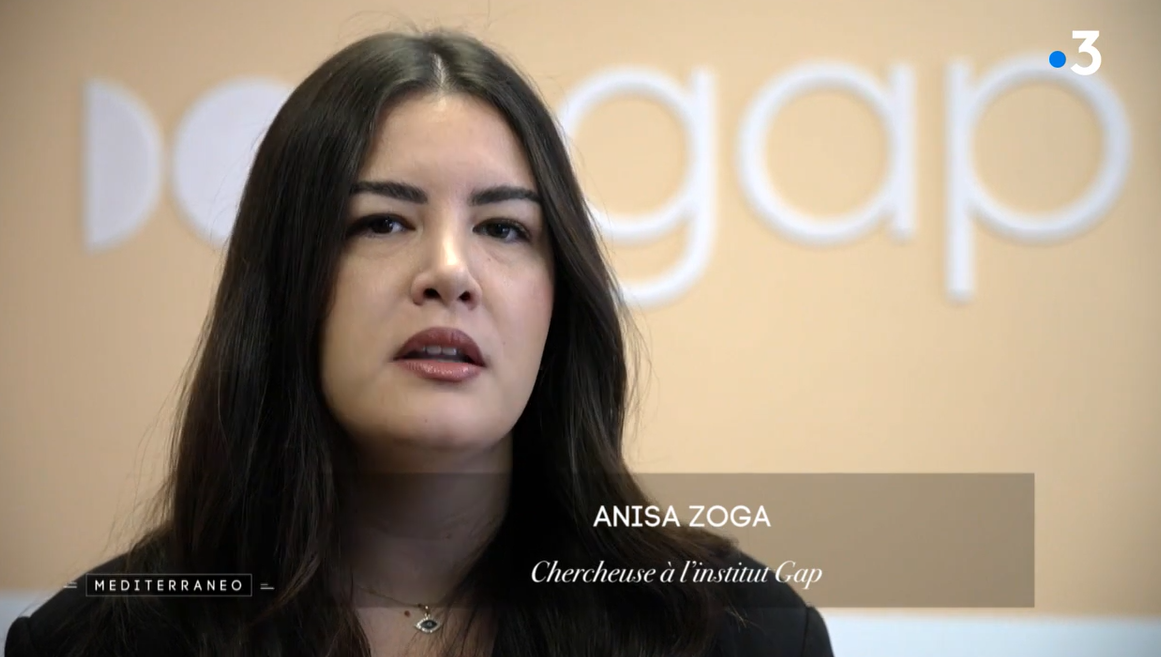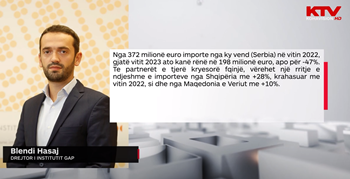Fighting Corruption through Budget Transparency and Review of Auditor General Reports
05/12/2016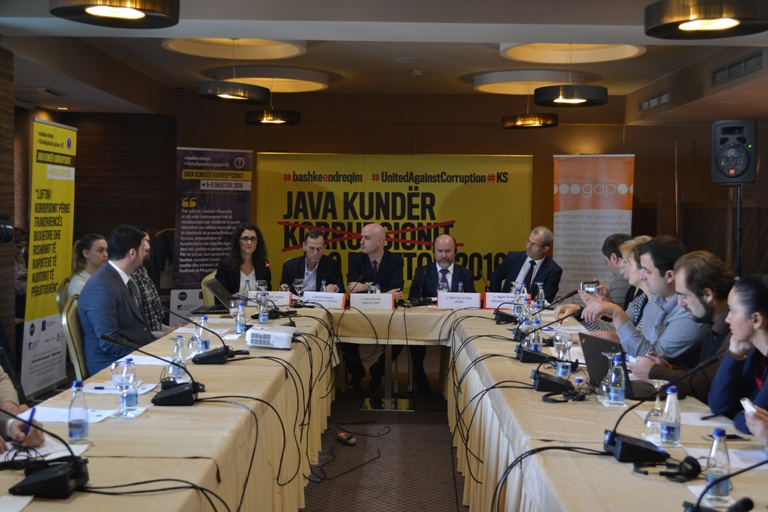
On behalf of the "Anti-Corruption Week" #bashkeendreqim #UnitedAgainstCorruption, GAP Institute organized a roundtable discussion on the topic "Fighting Corruption through Budget Transparency and Review of the Auditor General Reports".
The "Anti-Corruption Week" is a joint activity of the CSO coalition comprised of the Kosovo Law Institute (KLI), Çohu, Democracy Plus (D+), Group for Legal and Political Studies (GLPS), GAP Institute, and Kosovo Democratic Institute (KDI), supported by the U.S. Embassy in Kosovo.
Ms. Nora Latifi Jashari, Executive Director of GAP Institute said that corruption takes different forms in Kosovo and one of them is corruption in revenues and expenditures. Moreover, she spoke about the GAP Institute’s platform “How does the state spend our money?,” stressing the higher importance of publishing details on budget expenditures by public institutions to the publishing of regular reports of budget organizations. Additionally, Ms. Latifi Jashari said that demanding transparency and reporting budget abuses is not sufficient without the intervention of competent institutions which must legally address the identified abuses.
Mr. Mike De La Rosa, Acting Director of USAID Mission in Kosovo, said that corruption in Kosovo hinders foreign investment and the likelihood of Kosovo to achieve its potential for economic development, quoting Mr. Biden who said that “corruption is a cancer that eats at the fabric of every society.” Mr. De la Rosa added that all taxpayers have the right to know where and how their money is spent. The fact that roundtable discussions addressing such issues are being organized is the right step in fighting corruption.
Mr. Agim Krasniqi, Deputy Minister of Finance said that the government, namely the Ministry of Finance has set a goal for itself to increase transparency in its financial reports by changing the way data is described in order to make them easier to read, by deciding to implement e-procurement which will be mandatory for all budget organizations at local and central level from January 2017, and by changing the accounting system from cash to accrual accounting.
Mr. Besnik Osmani, Auditor General at the National Audit Office (NAO) said that although the NAO reports are completely public and transparent, there should be a better coordination by discussing reports with high risk and alarming findings as often some reports with less findings of abuse become much more publicized. Just last year, NAO has provided over 1,300 recommendations, 830 of which were of high risk which were aimed at different local and central level institutions regardless of which political party is the carrier of the respective institutions. He also urged civil society organizations to cooperate with NAO in fighting corruption from all sides.
The roundtable was followed with comments by other participants who were representatives of different civil society organizations and public institutions where various findings about violations in the public sector and addressing them from the judiciary were discussed.
#InstitutiGAP #bashkeendreqim #GAPInstitute #UnitedAgainstCorruption #KS






